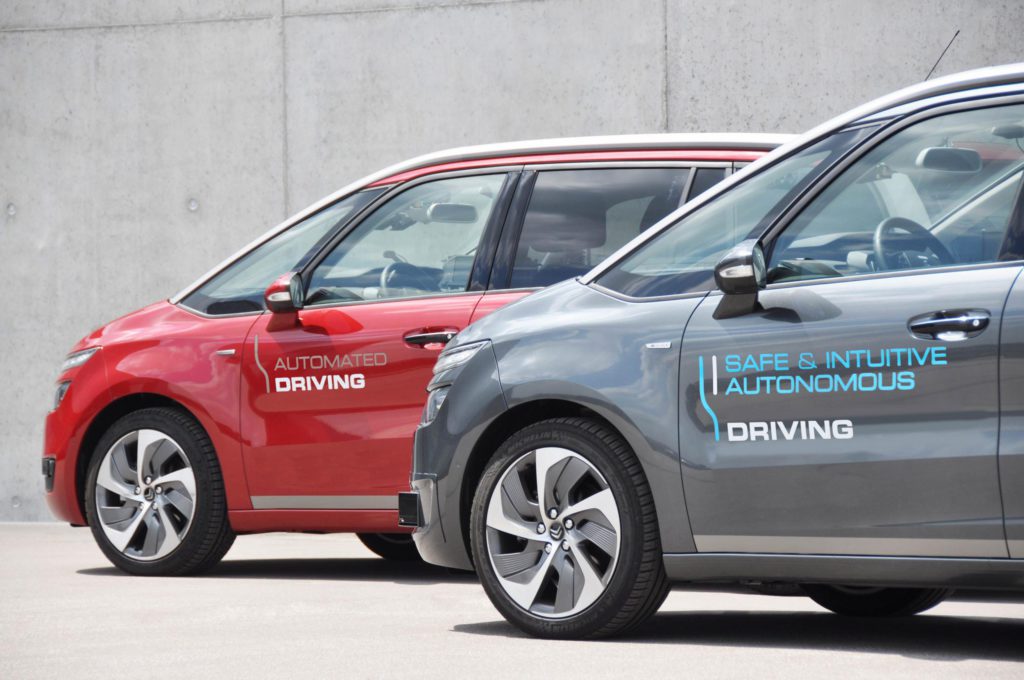PSA delivers its plans for an autonomous future
28 June 2017

28 June 2017
PSA Group has unveiled the plans for its autonomous fleet as it says it is committed to bringing level 3 autonomy to the market rather than skipping ahead to levels 4 and 5.
The French manufacturer wants to bring the autonomy, where hands-off driving is capable but there remains a requirement for the driver to take back control, despite the time between the car and driver changing control becoming a central issue in autonomous driving. Vehicle manufacturers will have to meet International Organisation for Standardisation guidelines that require proof that the likelihood of a technical failure is no greater than one in a million. Ford and Volvo have said they will not offer Level 3 vehicles.
PSA has been testing self-driving cars in different conditions to see if the driver is able to take back control, even if they have moved the seat. The company is satisfied with the results, leaving it believing that it will be bringing this stage to market.
The company is already demonstrating its technology in the field with a series of ′innovation days’ designed to allow members of the press and public to experience driverless vehicles. At its first event in France during June 2017, the company formally released its strategy for introducing autonomous driving, which the company calls ′Autonomous Vehicle for All’. Level 1, with adaptive cruise control and lane assist, is already available in the company’s Peugeot models, with Level 2 being offered after 2018 on the DS 7 Crossback, then on other DS cars as well as Peugeot and Citroen models.
Level 3 ′hands off’ features will appear in 2020 on the assumption that regulations are changed to allow that to happen. PSA would first allow ′chauffeur’ autonomy in traffic-jam situations, followed by highway autonomy in which the car drives in autonomous mode whatever the traffic conditions. This will be followed after 2025 by Level 4 and Level 5 autonomy.
To meet the challenges surrounding connected and autonomous vehicles, PSA is developing a new electronic architecture (NEA) in its vehicles which guarantees safe operation in all situations, as well as passenger safety and data security. The company is also researching new perception technologies serving to reconstruct the vehicle’s environment, backed up by automatic control algorithms integrating artificial intelligence building blocks. There is also ongoing activity to change regulations and standards in the automotive market.
PSA said it is still evaluating self-driving features for the Opel/Vauxhall brands, which it is in the process of acquiring from General Motors. The company expects the sale of the brands to be completed by the end of July 2017, with the US manufacturer expecting to pay a $5.5 billion (€4.8 billion) charge, up from the $4.5 billion (€3.9 billion) first suggested when the sale was agreed.
Photograph courtesy of PSA Group
The insight behind the news
Never miss another story – sign up to receive your complimentary Autovista Group Daily Brief. This timely and incisive daily briefing covering automotive news and insights on the issues affecting your business is delivered direct to your inbox.